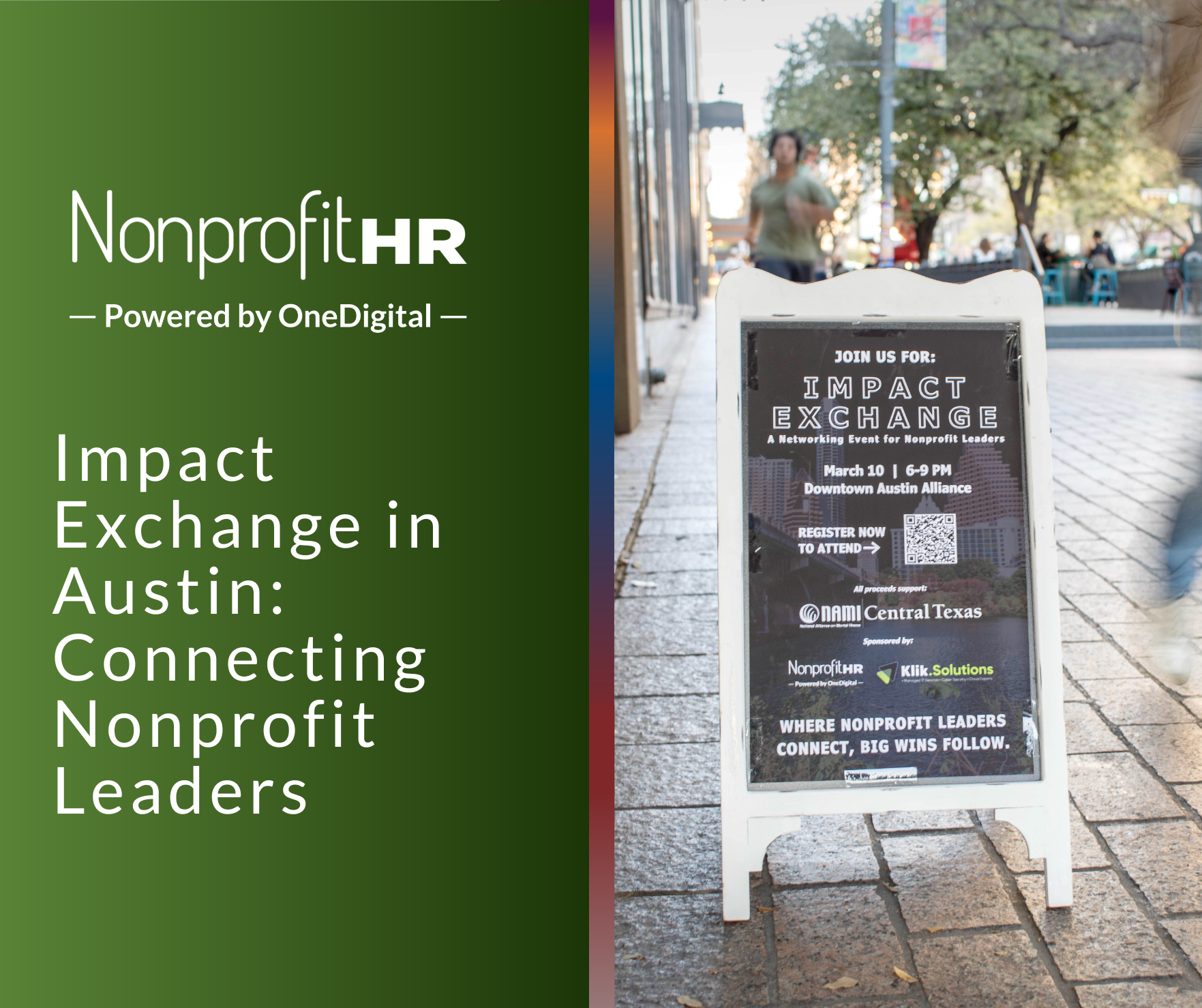WTOP: 5 ways nonprofits can…
Late in 2017, the largest tax reform bill in three decades was signed into law. A portion of the new the tax law is meant to significantly lower business taxes in the hope that lower business taxes would translate into more money for employees. However, the new tax law also cuts tax deductions for businesses, stating that with the lower tax brackets, employers will no longer need small tax deductions. One of these eliminated deductions was pre-tax commuter benefits employers provided to employees.
Historically, both employees and employers have saved on taxes by contributing to commuter benefits on a pre-tax basis. Commuter benefits are provided to help cover the costs associated with getting to work either via car (commuter benefits can be used to pay for parking at or near the place of work) or public transportation.
While the new law continues to allow employers to offer tax-free commuter benefits, it no longer allows businesses to deduct these expenses from their taxes. Generally, the decrease in the business tax percentage makes up for this new tax, so this change hasn’t been considered a bad thing for companies. However, for nonprofit organizations, this change is expensive.
Because nonprofits do not pay business taxes, the new regulations had to include a method for taxing organizations on the these commuter benefits. Lawmakers decided to include these benefits in the Unrelated Business Income Tax (UBIT) category. UBIT is paid by nonprofits on revenue, such as income generated from selling advertisements in an association’s magazine or other published documents. So, benefits to employees are now being grouped with organization income when calculating UBIT.
The UBIT tax rate is a flat 21 percent. An organization offering a pre-tax commuter benefit of $260 per employee may deduct this from the employee’s paycheck on a pre-tax basis. Now, this paycheck deduction is included in the organization’s UBIT calculation and therefore, the organization is required to pay $54.60 on every $260 monthly benefit provided ($260 x 21%).
To put this in perspective, here is a hypothetical example of a nonprofit with 120 employees trying to help their team with expenses. If each employee uses the $260 transportation benefit available to them each month (note: employees can deduct $260 for parking and an additional $260 for transportation), the organization will now owe an additional $78,624 in UBIT for the year ($260 x 21% x 120 x 12). This organization is financially disadvantaged by providing a benefit to its team.
Due to the significant impact on most nonprofits’ budgets, unfortunately, we will most likely start to see this pre-tax benefit go away in many organizations.
To better understand how these changes affect you, you can consult your tax accountant. Or, if you have additional questions about this change might impact your organization, get in touch with us. We offer benefits consulting to nonprofits like yours and are here to be your strategic counsel.





























